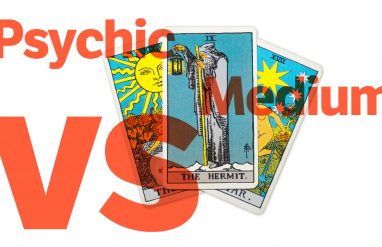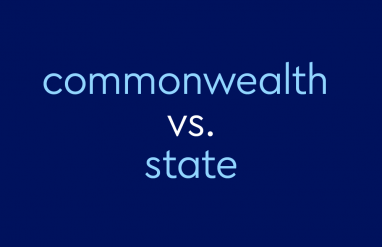⚡ Quick summary
A widow is a woman who has lost a spouse by death and has not remarried. A widower is a man who has lost a spouse by death and has not remarried.
The words widow and widower are both used to describe a person who has remained unmarried after their spouse passes away. What do these two similar words mean, and why do we use two different words to mean almost the same thing?
In this article, we will define widow and widower, explain where the word widower came from, and give a few alternatives that people may want to use in place of these words.
When to use widow or widower
A widow is a woman whose spouse has died and who hasn’t remarried.
A widower is a man whose spouse has died and who hasn’t remarried.
In Old English, the feminine form widuwe was used to mean “a woman whose husband had died,” and the masculine form widuwa was used to mean “a man whose wife had died,” though it was used much less frequently. In Middle English, the word widewer or wedewer was used to refer to a man whose wife had died. This word emerged by combining the more common feminine Old English form with the suffix –er, which generally meant “a man related to something.” The –er suffix was most often used to indicate professions, such as in the Middle English synger (singer) and hatter.
Today and throughout history, the word widow (and its older forms) has been much more commonly used than the word widower for many reasons. Health data shows that women are more likely to live longer than men. Also, men are significantly more likely to remarry than women. And historically it was much more common for younger women to marry older men than for younger men to marry older women. Many other historical factors, such as poor sanitation during childbirth and the death of soldiers during war, also contribute to these usage differences.
Although both the words widow and widower are still commonly used in formal and informal contexts, some people may avoid using these terms because they limit a person’s identity to their association with their late spouse or misgender the person. People who feel this way may avoid using either widow or widower or avoid mentioning a person’s marital status at all.














